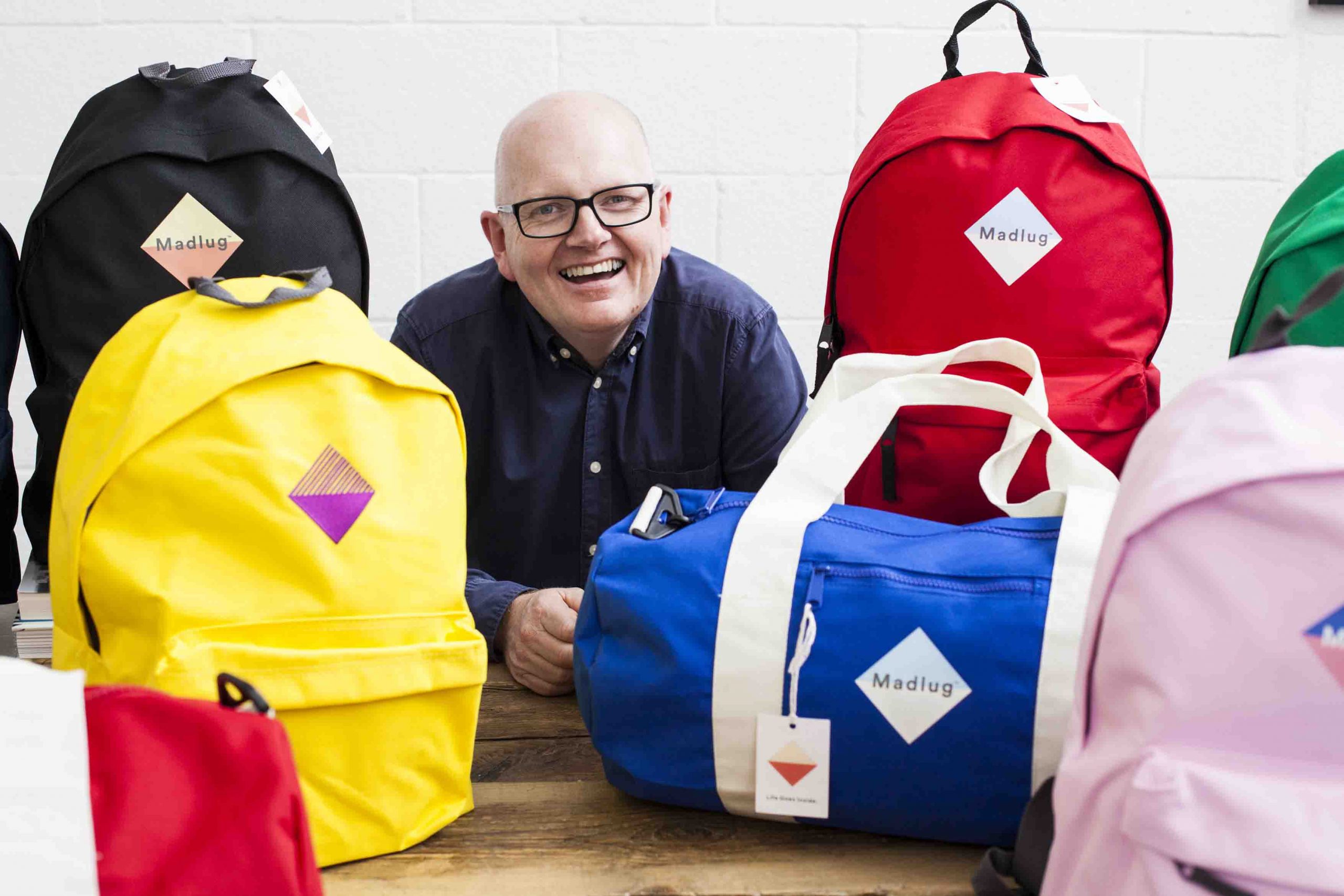Dave Linton is an innovator, social entrepreneur, thought leader, mentor of social enterprises, motivational speaker and the founder and Managing Director of multi award-winning Madlug C.I.C which won the social enterprise UK consumer facing award in 2018. Prior to beginning his journey with Madlug, Dave was a youth worker for more than 20 years and for the past three years he has also become heavily involved in mentoring and raising awareness of social enterprises. Dave is extremely passionate about using Madlug to influence a new young generation of social entrepreneurs.
Have you ever made a purchase because you know it will make a societal impact? Have you ever bought from a company because they proactively promote beliefs and values that align to your own? If so, you’re not alone.
As shoppers are becoming more conscious of the impact of their purchases, corporate social responsibility has become a buzzword for businesses, holding them to account in how they balance money-making operations with activities that benefit society.
This increasing expectation for brands to take a larger role in society helps further customer trust. When I talk with social entrepreneurs and leaders of social enterprises, I hear the same feedback: consumers want their purchases to do more. According to research from Edelman Trust (2019), 64 per cent of consumers are belief driven buyers – an increase of 17 per cent since 2017. In addition, a report by Nielsen that surveyed 30,000 consumers in 60 countries also found that 66 per cent of consumers were willing to pay more for goods from brands that demonstrated social commitment.
The pandemic has severely restricted economic activities, but it has provided opportunities for businesses to rethink corporate social policies that can help sustainable growth. A recent paper by Accounting and Finance 2021 concluded that firms with excessive debt along with poor CSR performance are worse off compared with businesses that have good CSR performance.
The pandemic also shows the important contribution that social enterprises make to society. With nearly one million people now employed in the social enterprise sector, contributing to more than £24billion to the UK economy, it is a considerable force for good.
In 2015, I set up an ethical business called Madlug. The concept was simple: someone buys a backpack or piece of luggage, a child in care then receives one. We have had amazing opportunities to partner with business all across the UK who want to make a positive difference in the lives of others. IKEA UK contacted us pre- Christmas to order 12,000 Madlug bags to give as gifts to their staff. The social impact of this partnership is going to be huge. Thanks to IKEA, we can give out thousands of bags to children and young people in care throughout all of the UK and Ireland this year.
One thing we can recognise as we continue to live through this pandemic, is the importance of community. From standing together every Thursday evening clapping for our NHS heroes, to shopping for the most vulnerable, donating to food banks and staying home to protect lives, we have seen a seismic shift in people’s societal impact.
The bottom line is, we have to use our time and resources for good. How can your business or brand make the best impact on the communities in which you operate? Is there a charity or social enterprise that your company could partner with to make a change today and sustain a lasting legacy?


